McDonald’s says it will phase out most plastic from its Happy Meals by 2025. Here, a customer picks up a kid’s meal at a McDonald’s drivethrough.
The toys that come in McDonald’s Happy Meals will soon be made mostly from corn and other materials rather than from fossil fuelbased plastic, the fastfood chain says. The switch is already underway in some international markets; it’s expected to be complete globally by 2025.
"Making our toys out of renewable, recycled, or certified materials will result in about a 90% reduction of fossil fuel-based plastic in Happy Meal toys [compared with 2018]," the company said as it announced the plan Tuesday.
The benefits of the change will be equivalent to more than 650,000 people not using any plastic for a year, the company said.
The change is already complete in France McDonald’s has been serving Happy Meals to kids for more than 40 years — and many of those special bags and boxes have included a plastic trinket or action figure. But it eliminated plastic toys at its restaurants in France earlier this year in favor of paper-based items such as trading cards and coloring patterns.
French customers can also bypass a toy altogether if they choose a book to go with the kids’ meals in the "One Book or One Toy" program.
McDonald’s restaurants in the United Kingdom and Ireland are also transitioning to new toys that reduce plastic use, the company said.
Up next: targeting plastic straws and packaging
Of course, Happy Meal toys represent only a fraction of the plastic that passes through a McDonald’s on a daily basis in the form or drinking straws, cutlery and other items.
Packaging is one of the company’s biggest chances for change, McDonald’s said, acknowledging that "when packaging and plastic waste aren’t recovered or recycled correctly, it can have a negative impact on our planet, creating litter and pollution." By using recycled plastic for trays and toys, the company said, it will boost demand for recycled plastic in addition to diverting those materials from landfills and potential pollution sources.
The moves are part of an effort by McDonald’s to get "100% of its guest packaging from renewable, recycled or certified sources, and to recycle guest packaging in 100% of McDonald’s restaurants, by 2025."
In its most recent progress report, the company said it’s now 80% of the way toward reaching its target for guest packaging. The recycling effort is moving more slowly, due in part to the lack of infrastructure.
"By the end of 2020, we offered guests the opportunity to recycle packaging waste in over 25% of restaurants in our 30 largest markets," McDonald’s said.

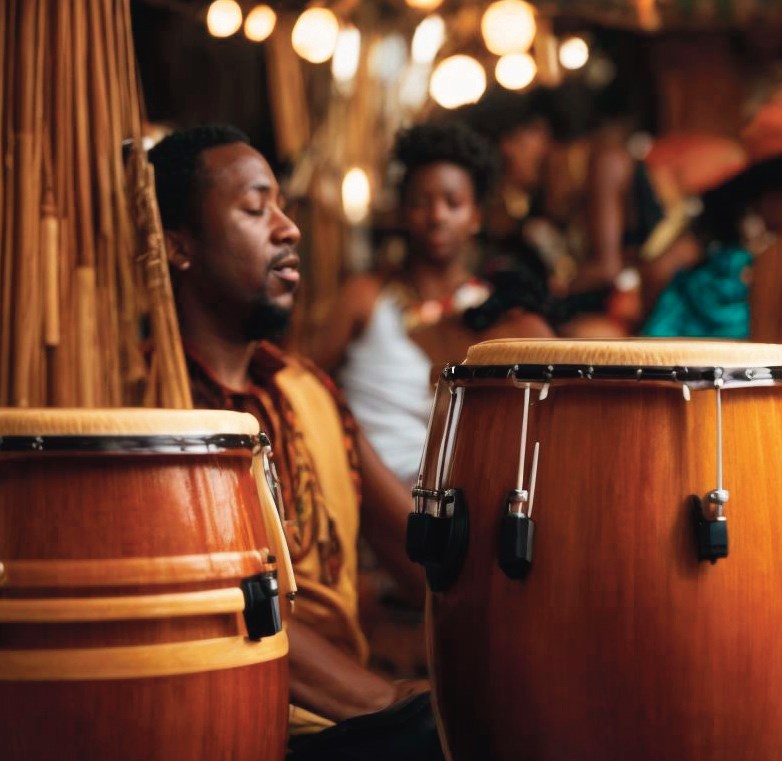
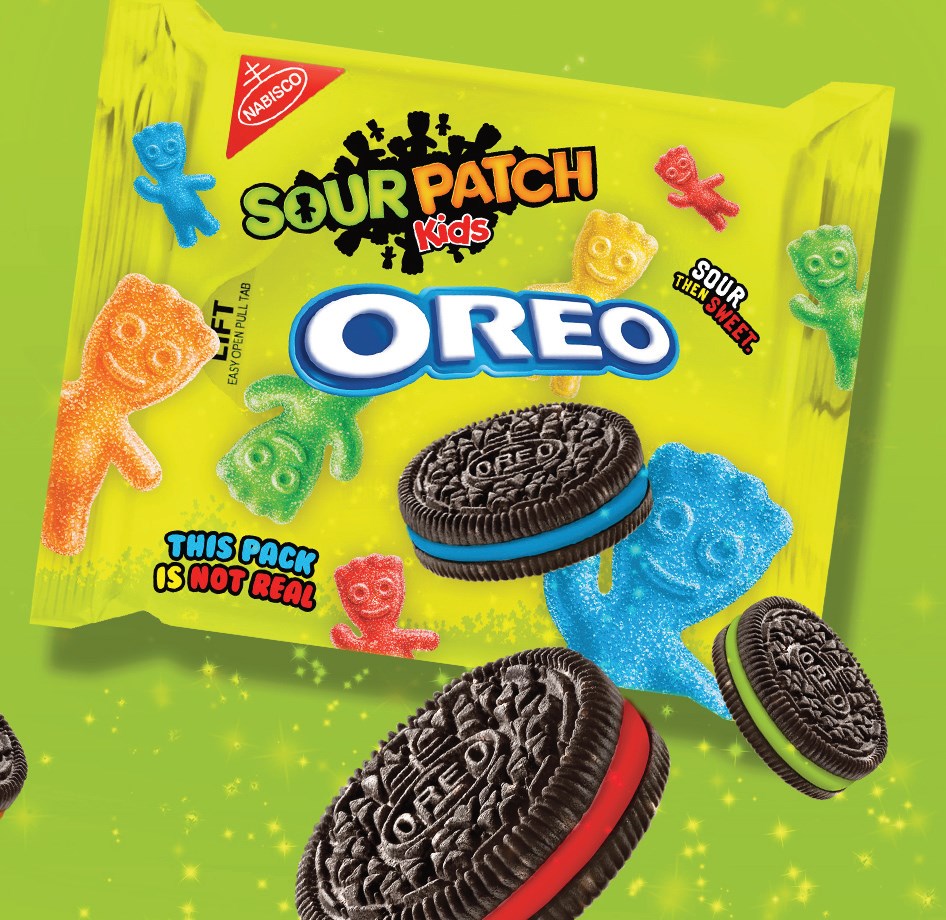

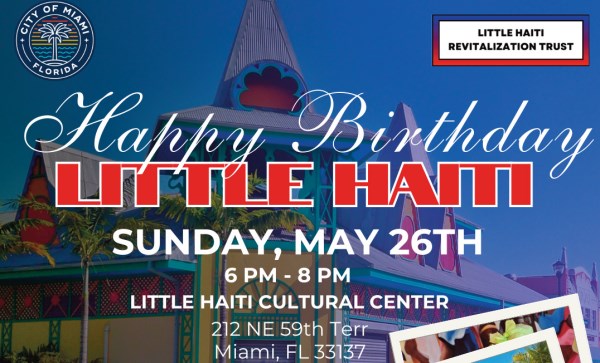


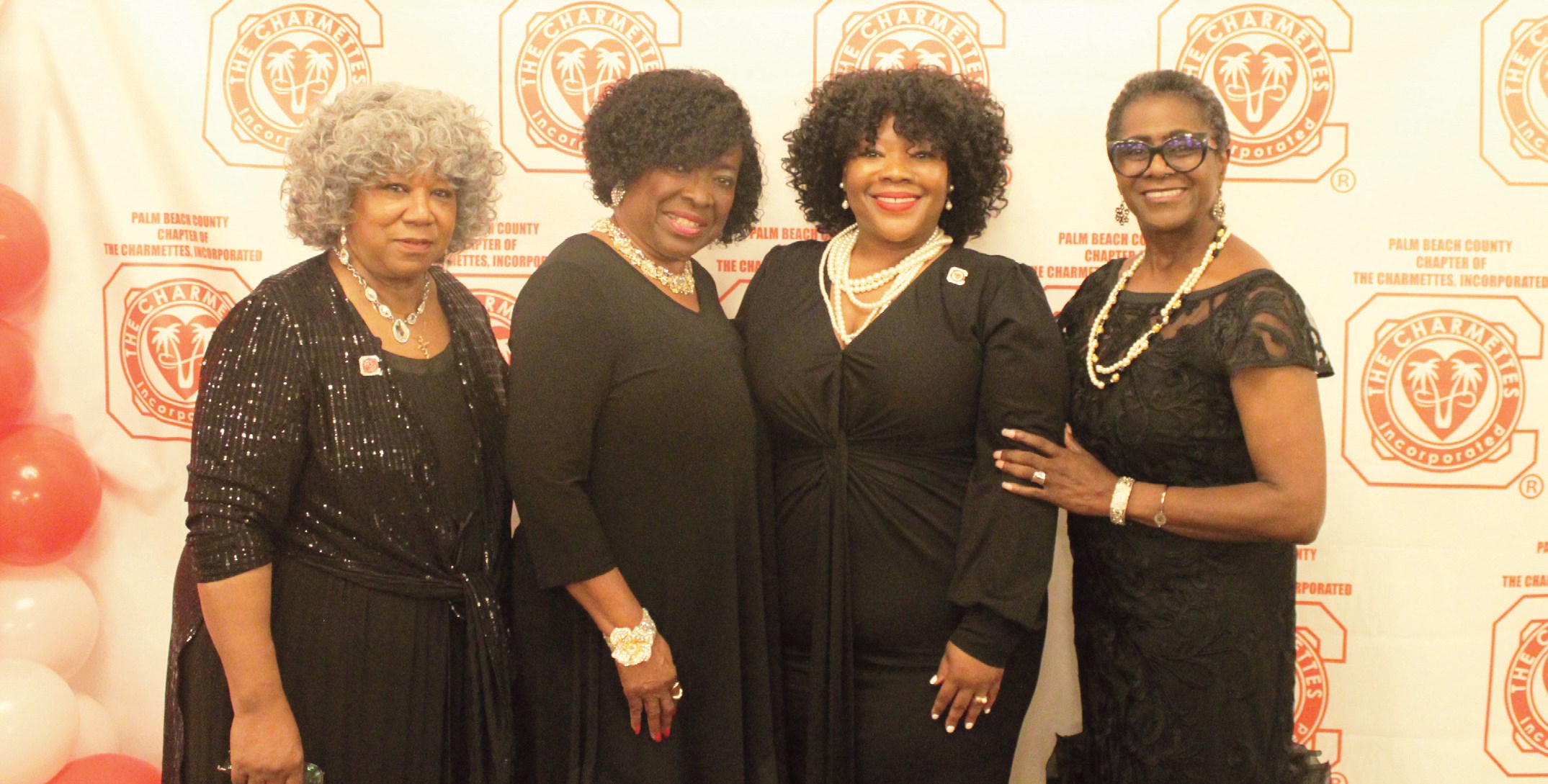

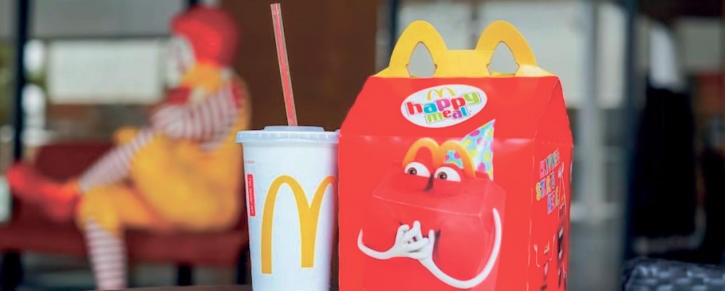
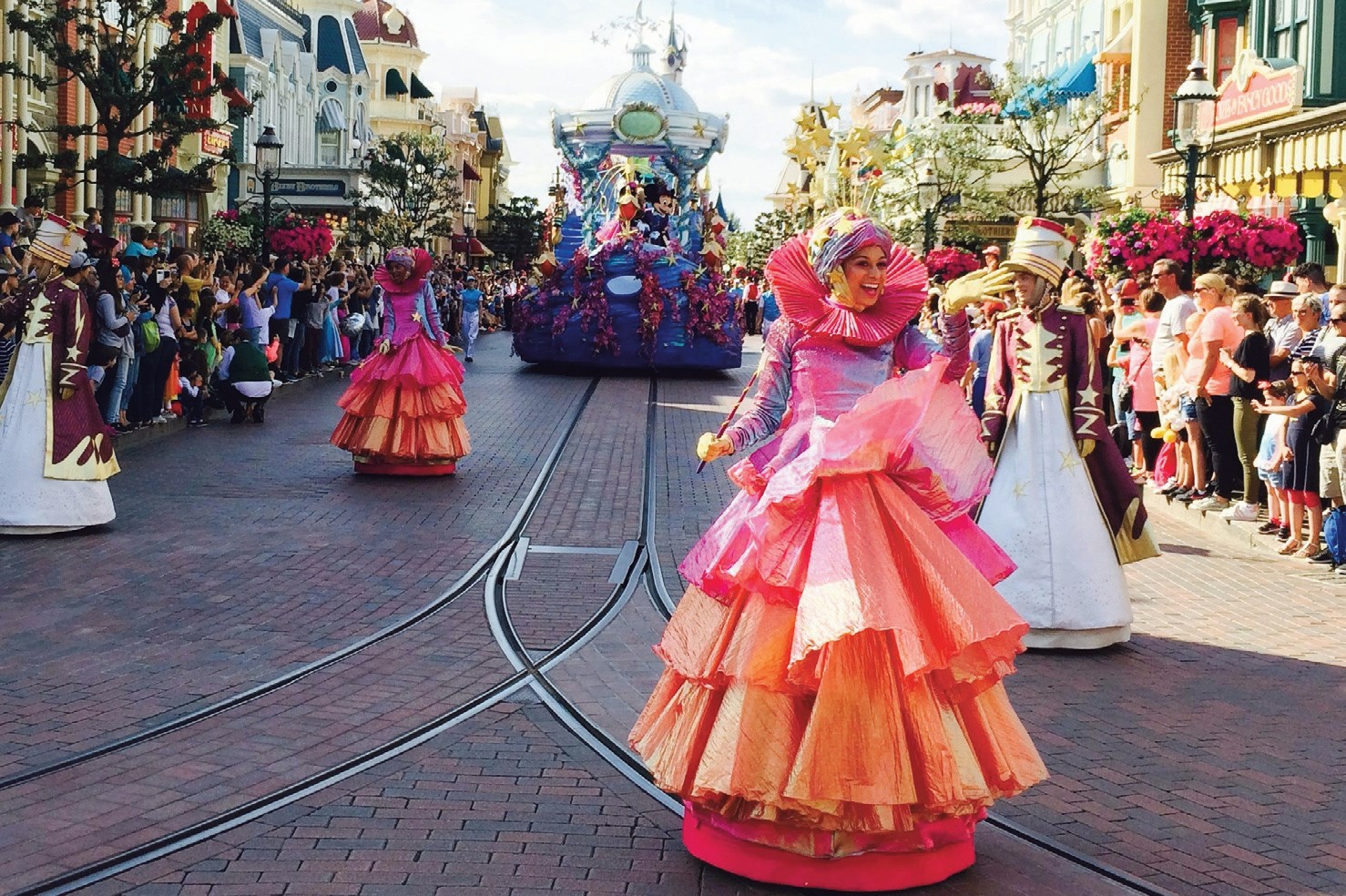


No Comment